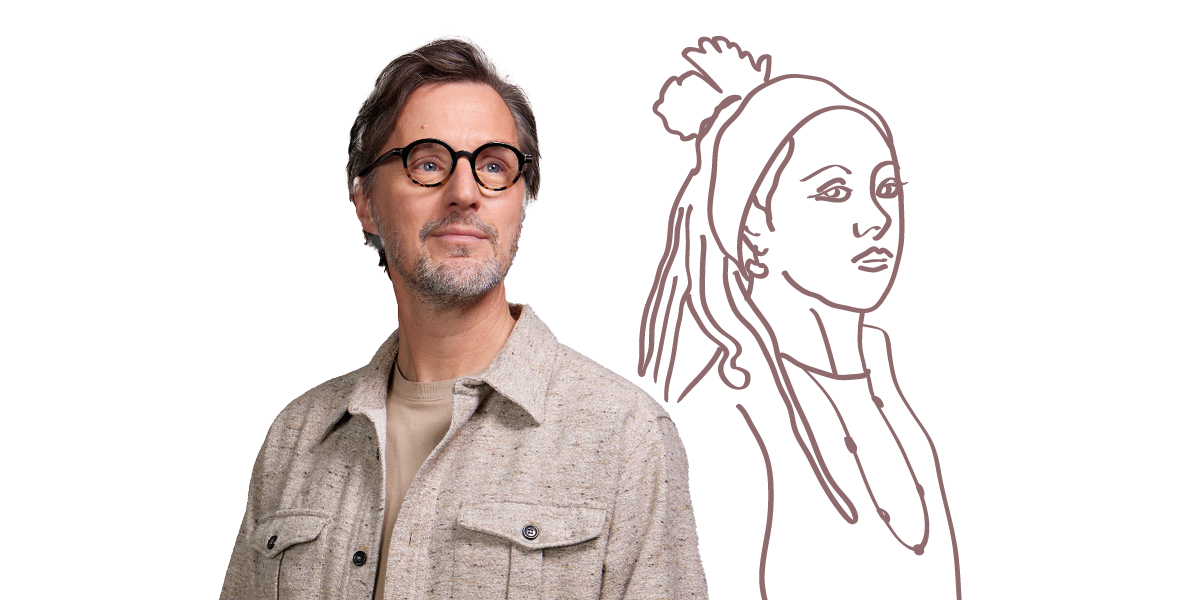Contact us!
Do you have questions or doubts, or would you like to discuss with someone whether restorative mediation is right for you?
Were you involved in violence or an assault?
Something bad happened. Maybe you were assaulted, or you were involved with a violent event in some other way. Or maybe you did it to someone else. It can also be both - sometimes fights can get out of hand, and things that are not okay happen on both sides.
Violence or assault can happen in different ways. A physical fight, a smack, a punch, or a violent situation at home. This can make you feel very scared, angry, or guilty. You can also be left with questions about how it happend and how it could come this far.
You could for example be left with these questions:
- How did it get so out of hand?
- Why did they pick me?
- Do they know what the impact has been for me?
- Would it help if I apologized?
- How can I feel less scared?
- What if they want to take revenge?
- Can I still safely cross the street?
- What if it happens again?
The experience of Jordi
“Being a perpetrator doesn’t mean that person is completely evil. That’s true for me as well. I regret the robberies that I committed. I wanted to get in contact with the victims to tell them how I ended up in the criminal circuit.” Jordi (27) talks about his experience with restorative mediation.
Restorative mediation can help
In restorative mediation, you get in contact with the other person(s) that were involved in the event. This contact is guided by one of our professional mediators. You can choose for yourself what you would like to ask or say to the other person. For example:
- Why you or the other person did it
- What the consequences were for you
- How the other person experienced it
- How you would like to move on
It can help to talk about what happened, to say how you feel about it, and get answers from the other person. This can help you feel more calm, less angry, less scared, or less guilty. It can help to process the event and come to terms with it. You can also talk about how you will move on, for example in case you know each other or live in the same neighborhood. You could, for example, agree that you will only greet each other from a distance in the future.
You don't necessarily have to have a face-to-face conversation with the other person, if you don't want to. You can also write each other a letter, or send messages through the mediator. You can also record an audio or video message for the other person. You decide what kind of contact you want. Visit this page for more information about how it works.
Good to know:
- Restorative mediation is voluntary and free of cost.
- The contact is confidential.
- The mediator is neutral and prioritizes the wants and needs of both parties.
- All participants can start, pause, or quit the mediation at any point.
- You can bring someone to the meeting to support you.
- If you do not speak (good) Dutch or English, we can arrange an interpreter for you who will translate. This does not cost money for you.
Apply
You can apply for restorative mediation on this page.
If you apply, this doesn't mean we will immediately contact the other person, or that you commit to getting in contact with them. We will first discuss with you why you want restorative mediation, and what is important to you. Only once you give permission, the mediator will contact the other person.
Experiences of others

Gwen was robbed in her home and threatened with a knife. After the perpetrator was arrested, Gwen got a call from a mediator from Perspectief. The perpetrator wanted to talk with her. Together with the mediator, Gwen visited him in the youth prison.
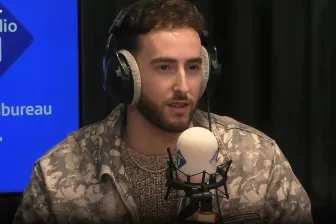
“Being a perpetrator doesn’t mean that person is completely evil. That’s true for me as well. I regret the robberies that I committed. I wanted to get in contact with the victims to tell them how I ended up in the criminal circuit.” Jordi (27) talks about his experience with restorative mediation.
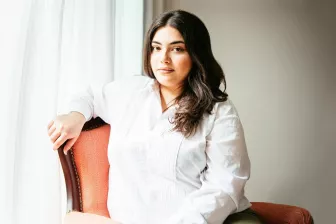
At first, Evi didn’t want to invest any more energy into the robbery that happened at the drug store she had been a manager at for years. But then her motherly heart got in the mix. 'I hoped I could contribute to a better life for him.' She’s also happy for herself that she agreed to a mediation.
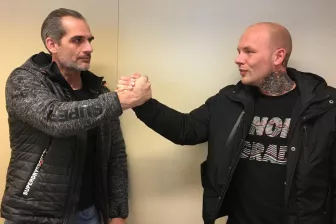
A fight in a local pub escalates. Martijn stabs Gerard in the stomach with a large knife. Martijn is sentenced to four years, and spends two years and eight months in prison. Years later, Martijn en Gerard meet up to talk. Gerard: “I had to get rid of that feeling somehow. Of constantly being angry.”
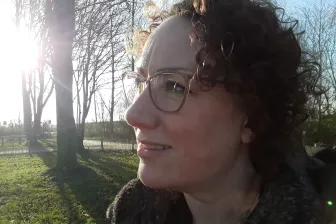
Almost seven years ago, Daphne’s ex-partner stabbed her. In the Magazine for Restorative Justice (Tijdschrift voor Herstelrecht) in an issue themed around forgiveness, Daphne talks about her process. “I’ve only now started to be angry. And I like it.”
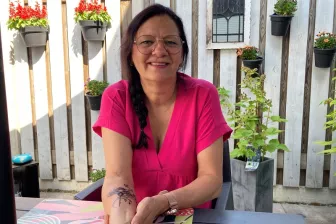
The store robbery that Belinda experienced has had a great impact on her life ever since. It even led to physical issues. Now that she has had a conversation with the perpetrator, her life has changed a lot. “I’m very happy I did it. A lot of fear got lifted from my shoulders.”
